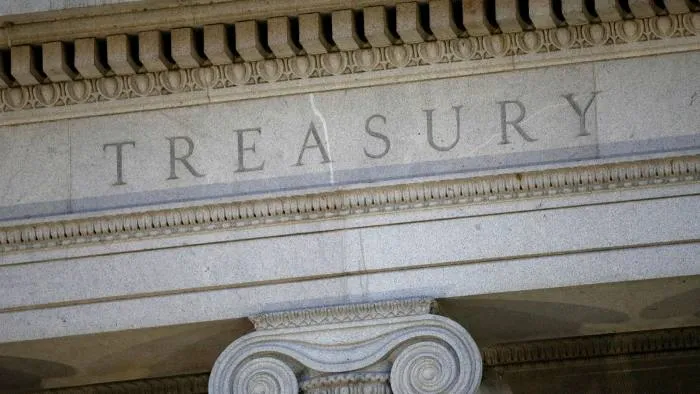
The US Treasury has stopped short of formally designating Taiwan as a currency manipulator, but put it on notice and said it would begin engaging with the country to address the issue.
The Biden administration also removed currency manipulation designations for Vietnam and Switzerland, which were added last December by the Trump administration.
The previous administration had last year accused the two countries of pushing their currencies lower to prevent “effective balance of payments adjustments” and in the case of Vietnam “for gaining unfair competitive advantage in international trade”.
“The Covid impacts for the year 2020 make it more challenging to understand what appropriate policies there should have been,” a Treasury official said.
The official added that volatile capital flows from early 2020 “led many of our major trading partners, including us, to undertake significant macroeconomic policy adjustments to counteract the impacts of Covid”.
“We need to better understand the policy choices that were available to our major trading partners so that we can make more informed judgment,” the official said.
Eswar Prasad, a professor of trade policy at Cornell University, said the report was “more analytical” and “less overtly political” than previous reports released by the Trump administration.
The latest Treasury report “strikes a more nuanced tone, taking account of individual country circumstances and a broader set of economic criteria rather than focusing on trading partners’ bilateral trade balances with the US,” Prasad said.
It also “makes it clear that there are many countries that have been actively managing their currencies to avoid appreciation that would hurt their export competitiveness, although China is the least of the offenders even though it runs a large goods trade surplus with the US,” he added.
The warning to Taiwan comes as President Joe Biden has sought to bolster ties after incursions by China’s military into Taipei’s air defence identification zone. A global shortage of semiconductor chips has also increased US industry’s reliance on technology groups such as Taiwan Semiconductor Manufacturing Company.
The Treasury also urged China to improve transparency regarding its foreign exchange intervention activities. China, Japan, South Korea, Germany, Italy, India, Malaysia, Singapore and Thailand remain on its watchlist, and Mexico and Ireland have also been added.
Mark Sobel, a former Treasury official and chair of the Official Monetary and Financial Institutions Forum, a think-tank, said the Treasury had “wisely” decided not to designate any countries as manipulators.
“While harmful currency practices are a reality, external positions in many cases are now being heavily impacted by the pandemic,” Sobel said. “Strong US macroeconomic support relative to others is boosting the US current account deficit.”
In a statement released alongside its report, the Treasury said its engagement with Vietnam, Switzerland and Taiwan would include “urging the development of a plan with specific actions to address the underlying causes of currency undervaluation and external imbalances”.




















